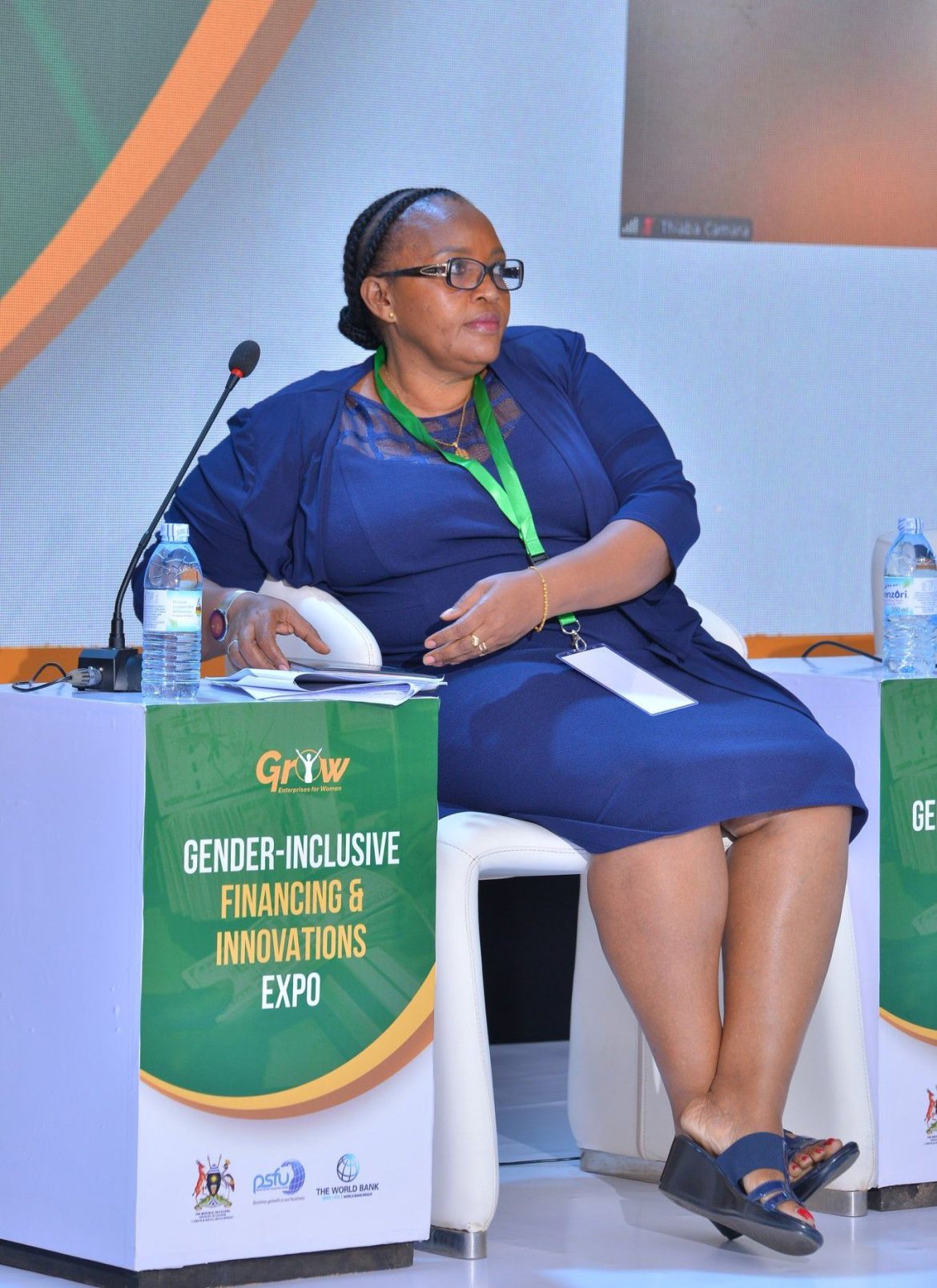KAMPALA, UGANDA – Prominent Ugandan banker and women’s empowerment advocate, Theopista Sekitto Ntale, has called on financial institutions to urgently redesign their credit scoring models to better suit the realities and needs of women entrepreneurs across the country.
Speaking at the Gender Inclusive Financing and Innovation EXPO 2025 held in Kampala, Ntale—who serves as the Uganda Country Director for New Faces New Voices, a pan-African advocacy group championing women’s economic empowerment—delivered a powerful message highlighting the persistent barriers women face when accessing finance.
Ntale argued that many existing lending models are unfairly biased against women, particularly those who operate in informal sectors or own small and medium-sized enterprises (SMEs). These women, she said, often lack traditional forms of collateral or credit histories that banks typically require, making them ineligible for critical business financing.
“Our financial systems are not built with women in mind. We need to redesign credit scoring frameworks to reflect women’s lived realities, including their business patterns, social roles, and responsibilities,” she said.
She pointed out that creditworthiness assessments must be tailored to consider the economic activities women engage in—many of which are non-linear, seasonal, or based in community commerce.
Ntale also cited global statistics underscoring women’s pivotal economic roles:
85% of women worldwide are responsible for household expenditures,
90% of women are the primary decision-makers in health care for their families.
These figures, she said, highlight the importance of ensuring women have access to financial tools that empower them both in the household and in the marketplace.
The call for reform comes amid ongoing efforts to bridge Uganda’s gender financing gap, which remains a major hurdle for national development. According to research from the Bank of Uganda and development partners, women-owned businesses are 40% less likely to secure bank credit compared to their male counterparts.
Ntale praised initiatives by some microfinance institutions and fintech startups that are beginning to offer alternative lending criteria—such as mobile money transaction history, group lending models, and psychometric testing. However, she emphasized that mainstream banks must catch up and go beyond CSR-driven initiatives to embed gender inclusivity in their core lending models.
At the same expo, representatives from the Private Sector Foundation Uganda (PSFU) and UNCDF echoed similar sentiments, noting that empowering women financially is essential for achieving inclusive growth, especially in the wake of Uganda’s economic recovery strategy post-COVID-19.
Attendees at the event included policy makers, bank executives, fintech innovators, civil society leaders, and dozens of women entrepreneurs who shared stories of missed business opportunities due to restrictive financial systems.
Ntale, also a respected philanthropist and social entrepreneur, concluded her remarks by urging stakeholders to move from rhetoric to action.
“We need to invest in inclusive innovation—systems that don’t just recognize women as customers, but as drivers of financial resilience and national development.”
She called for the integration of gender-disaggregated data in financial institutions, gender-sensitivity training for loan officers, and the creation of sector-specific lending models that understand and respond to the business environments women operate in—rural markets, agriculture, informal retail, and digital trade.
The Gender Inclusive Financing and Innovation EXPO 2025, organized under the theme “Building Bridges for Equal Access”, showcased innovations, research, and policy dialogues aimed at unlocking opportunities for women in finance, investment, and entrepreneurship.
